A treatment is a document that outlines the overall idea for a music video production by describing (through both text and images) the concept, direction, aesthetic, and style of the video.
Treatments come in many different styles, and are used for various types of content outside of music videos- from commercials, to documentaries, to pitchbooks for feature films/tv. Each of these has it’s own nuances in style and content, but they all serve the same important function; to clearly and concisely explain the vision for any given project. So now that we’re clear on the What, let’s explore the Why and the How.
There are a few reasons that treatments are such a crucial part of the music video process. In many cases, the treatment is the selling point and first impression of you as a director/company. The treatment will also serve as the creative guideline for a project once it gets greenlit. It gets everyone on the same page as you dive into pre-production, and keeps everyone on the same page as you transition into production.
Treatment is to music video as script is to film.

Treatments become even more essential as you grow and take on new clientele and bigger productions. When dealing with record labels and video commissioners, the process of being selected to direct a video is often a competitive one. The label video commissioner will collect treatments from a variety of video directors/companies, and then work with the artist and management team to select the one they feel best represents their collective vision for the project. Being able to craft compelling treatments is absolutely essential if you want to grow as a director and gain opportunities to work on bigger and better projects.
When you get a call or email inquiring about a music video, the client may have an idea already or be totally open- either way, the next step is to take the information you’ve been given and create a treatment with it.

When creating a treatment, you’ll want to carefully consider a few things up front to save you a lot of trouble down the line- these are budget, client input, and the song.
This may seem obvious, but often times people will make mistakes in regard to each of those items; you write a concept that you’re excited about, but it’s way over budget. You write a concept you’re excited about, but it has completely ignored the client’s direction or requests. You write a concept you’re excited about, but it is way out-of-sync with the tone, style, or content of the music... I think you see the trend there. Considering each of these things before you start writing is essential to creating a treatment that is effective and will ultimately get you the job.
Ok, you’ve brainstormed. You’ve got the perfect idea- the client will love it, it’s artistic, it’s relevant… the VMA is in the bag, baby. Now you’ve just gotta write the damn treatment. It’s difficult to take something that you can see so clearly in your head and get it to translate on paper. Everyone has a different writing style, and the only concrete rule is that your writing must effectively communicate your vision.
Below, I’ve outlined a general treatment structure that we have used to successfully communicate our vision and lock in jobs. Treatment styles and content can (and should) vary depending on the artist/song/director, but these general bullet points are a good starting place.
Anatomy of a Music Video Treatment:
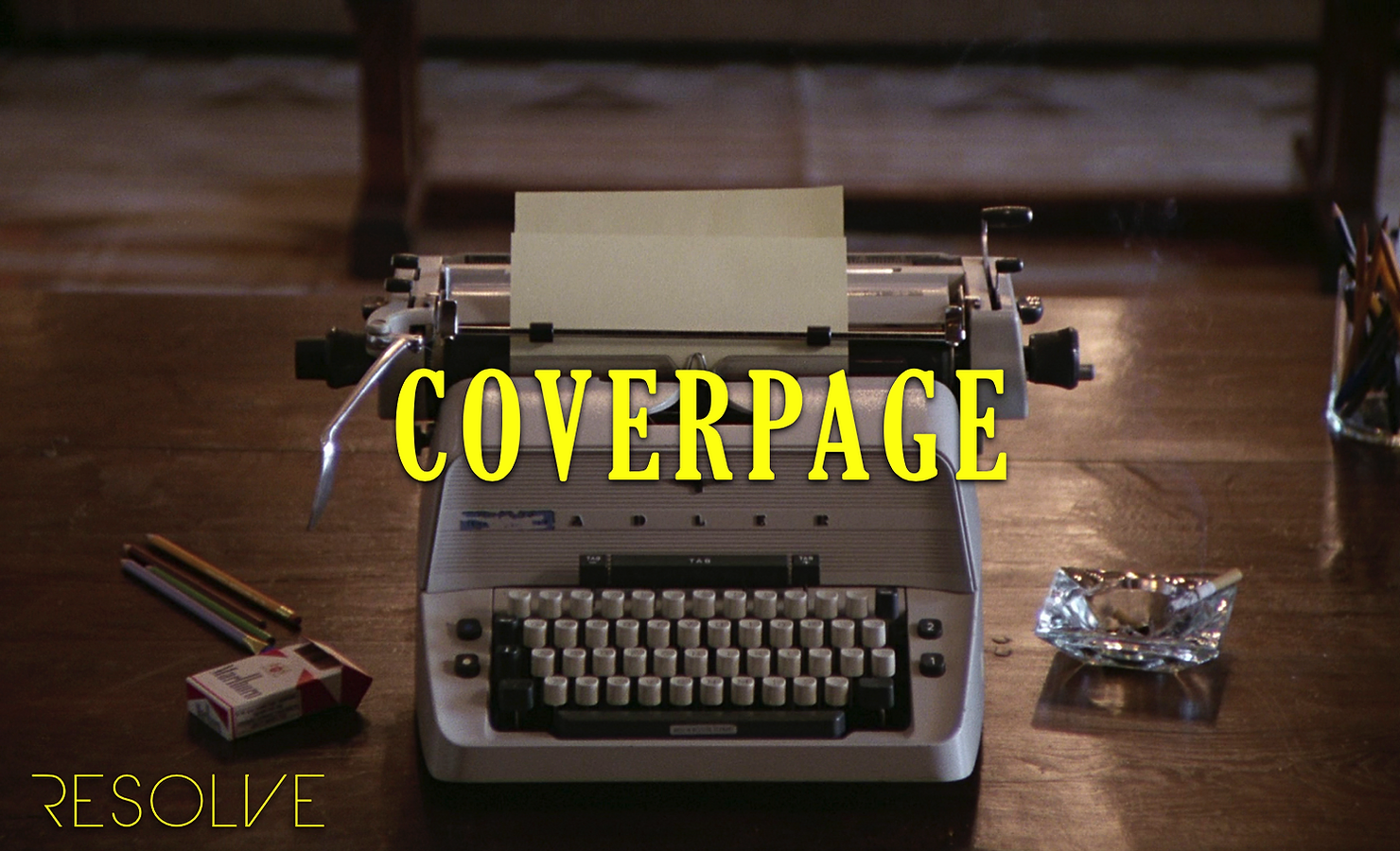
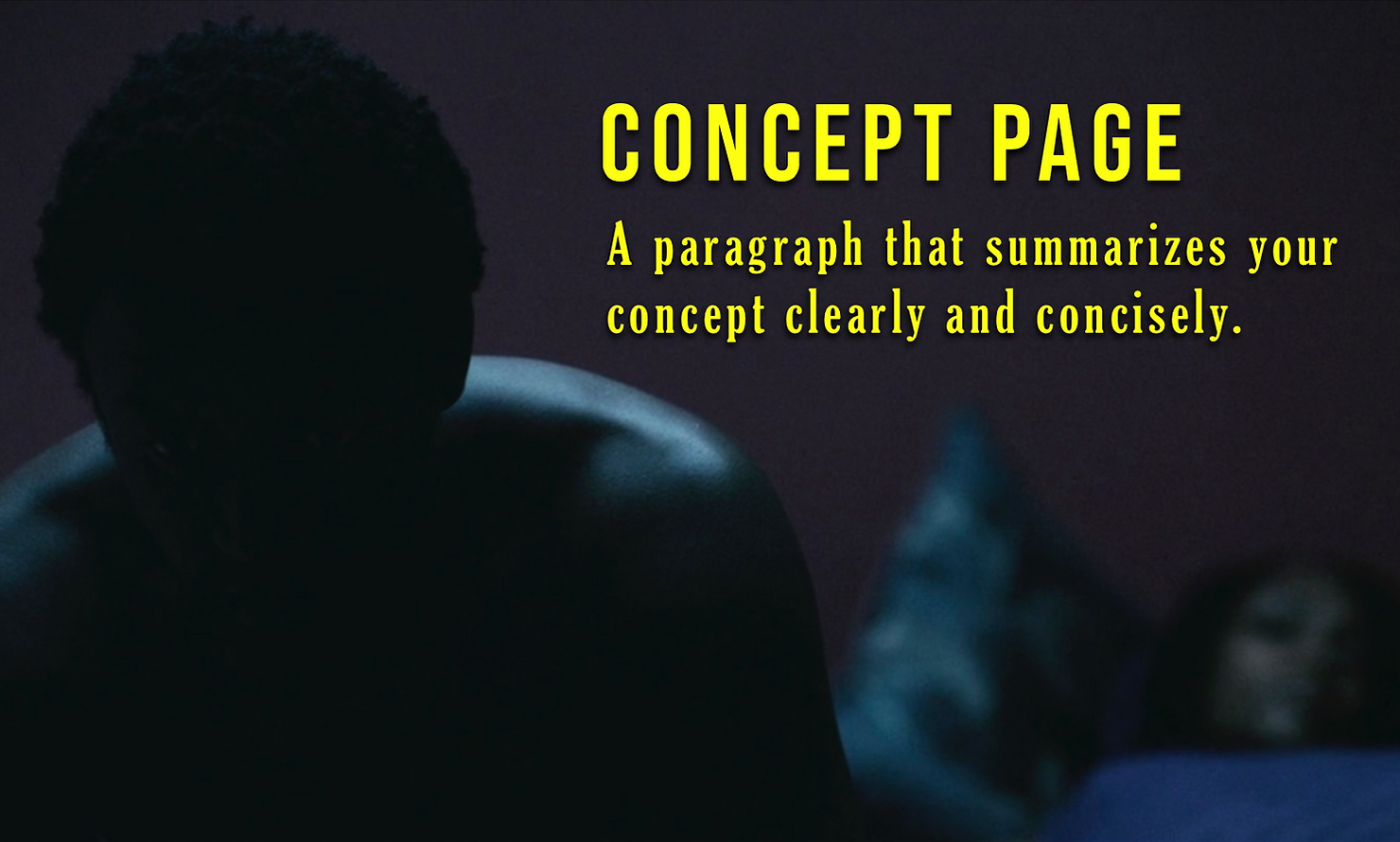
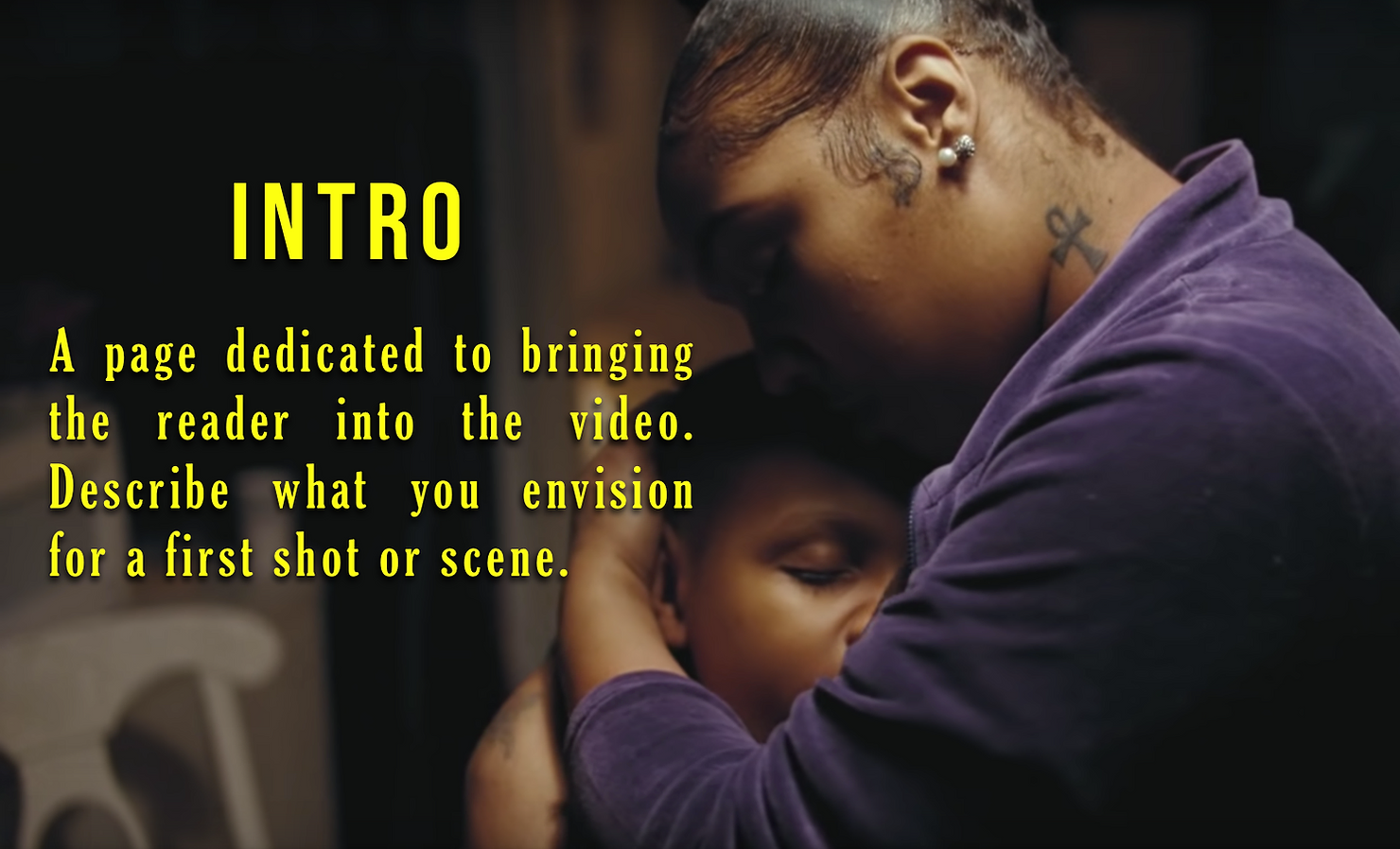
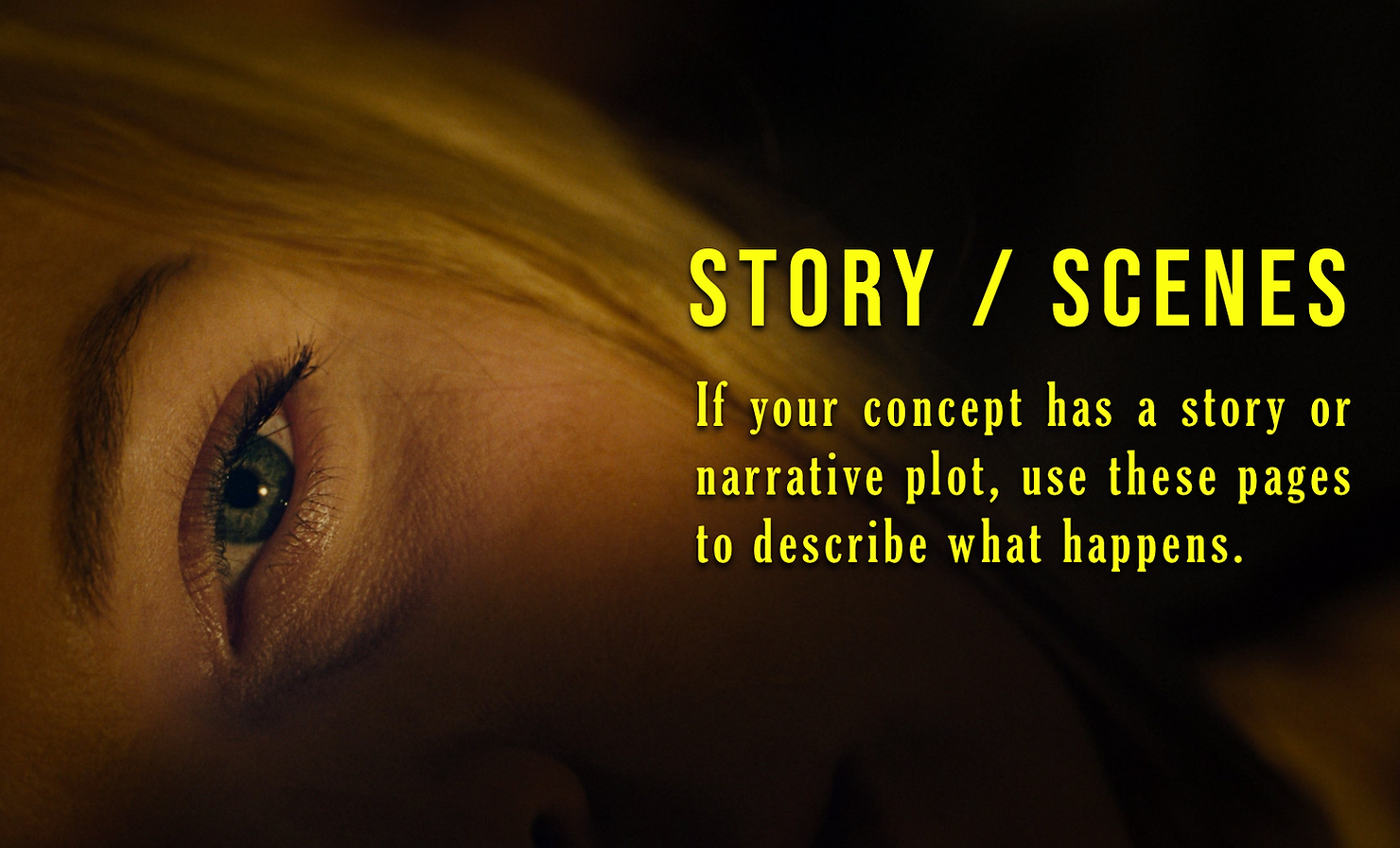
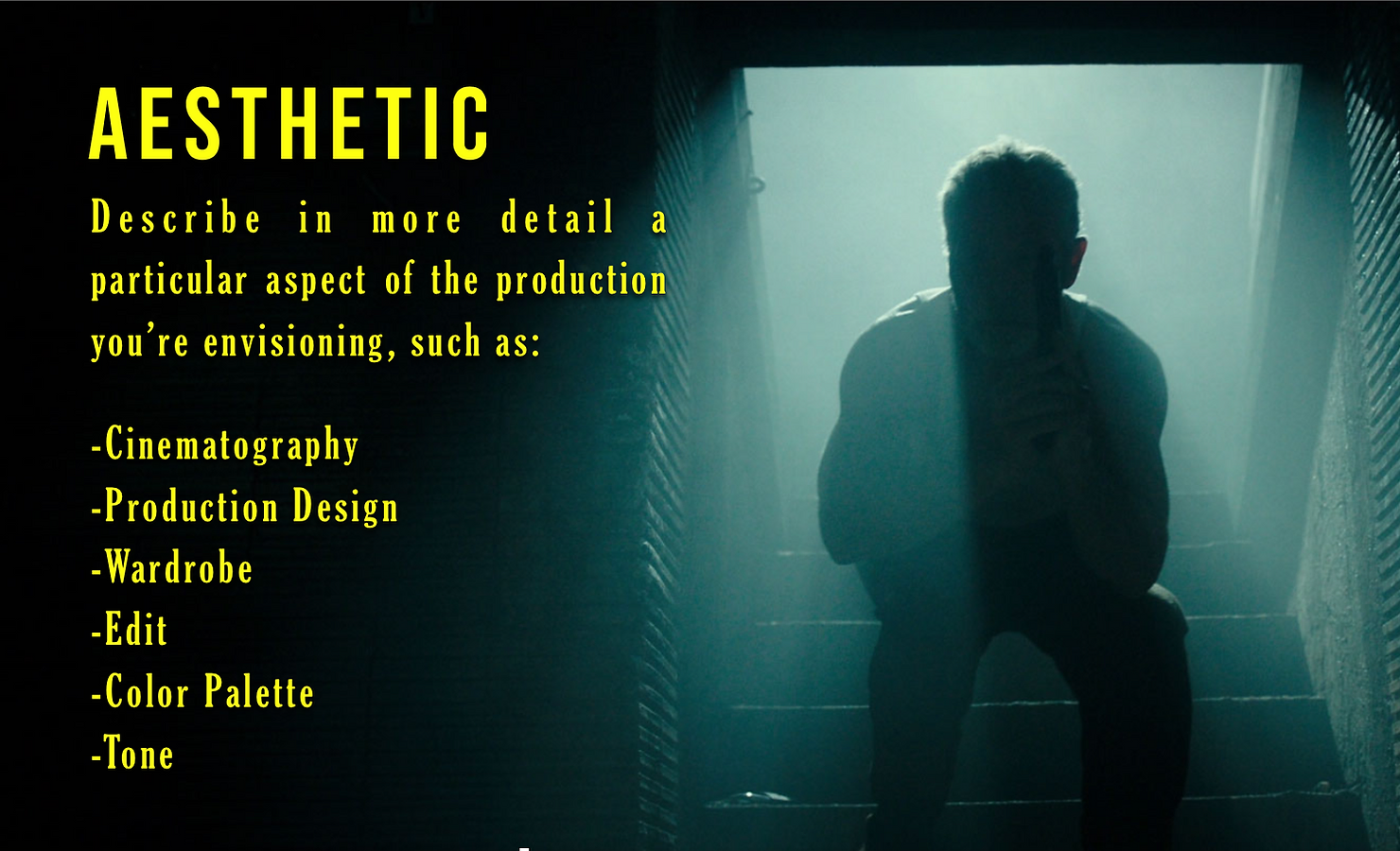
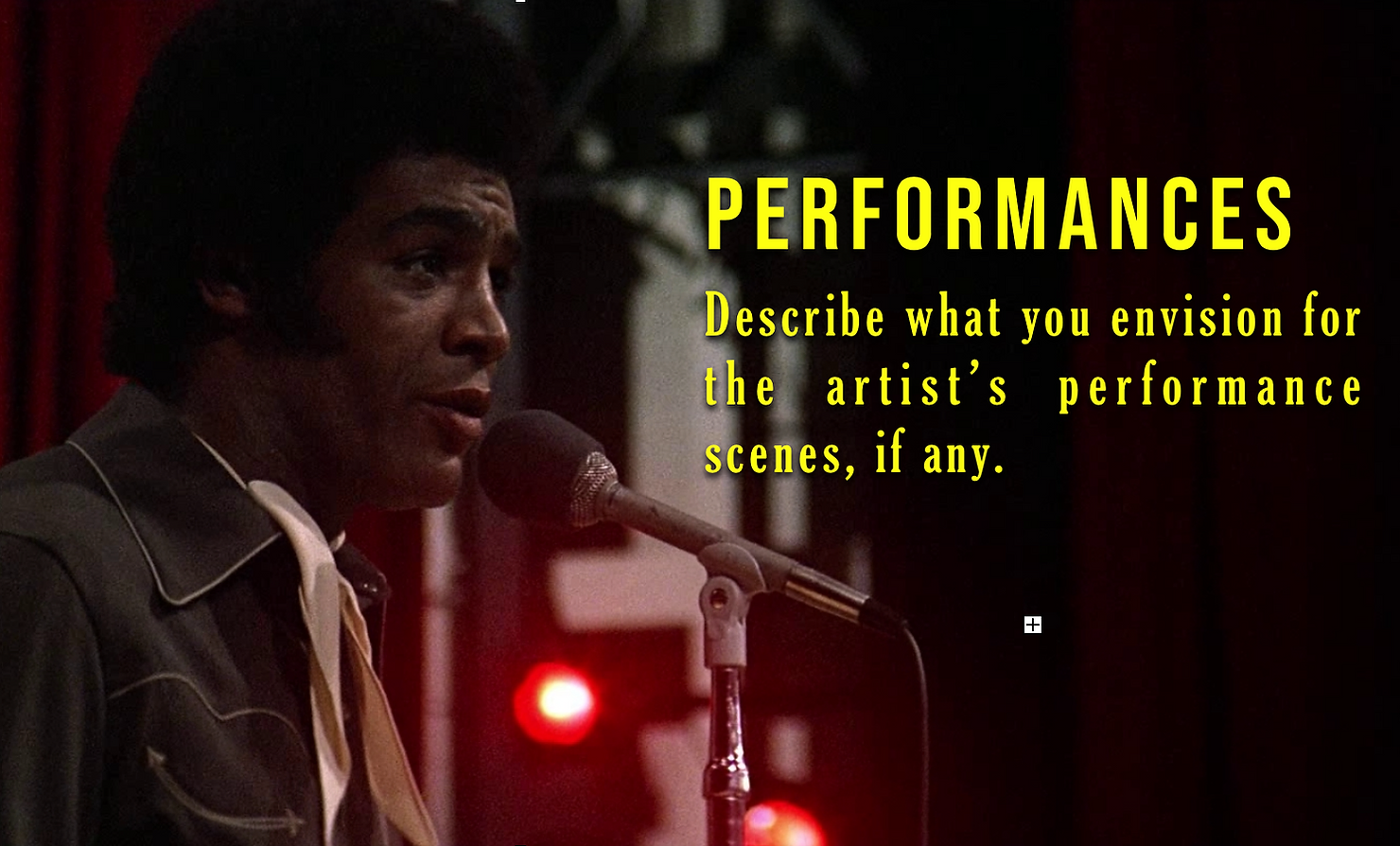
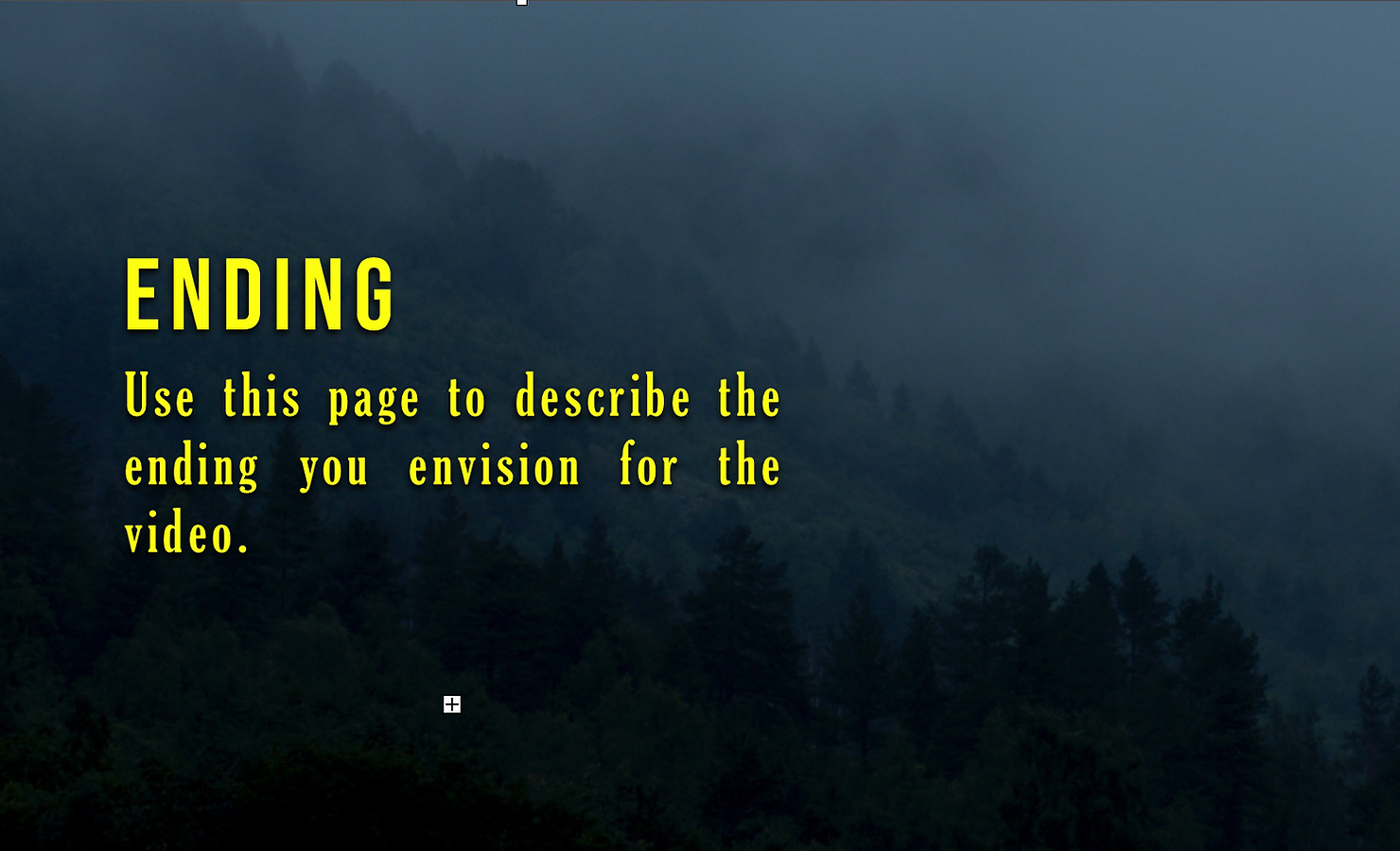
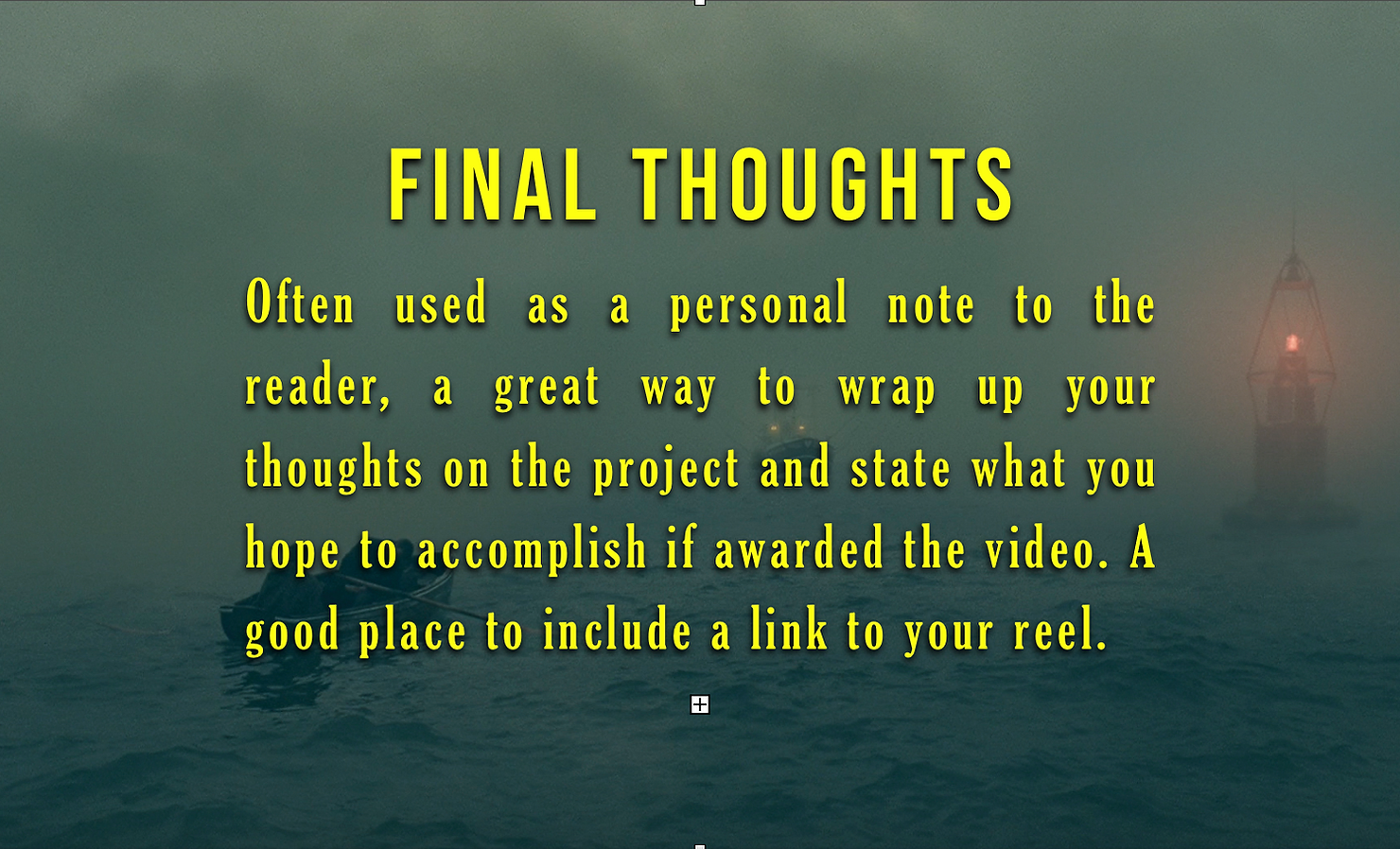
Below I’ve included some Resolve Media Group treatments that were awarded, along with links to the final products.
The-Dream "Bedroom" | Treatment | Final Product
(by Mac Grant)
Ali Gatie "It's You" | Treatment | Final Product
(by Nathan R. Smith)
Earthgang "Up" | Treatment | Final Product
(by Mac Grant x Chad Tennies)
And here is a link to a really valuable treatment database that features treatments/videos from directors all over the world (We Direct Music Videos is an incredible resource for music video directors in general.)
I hope you’ve found this information insightful! Now get out there and start writing!